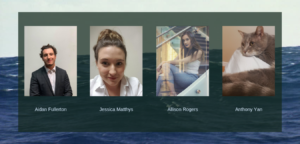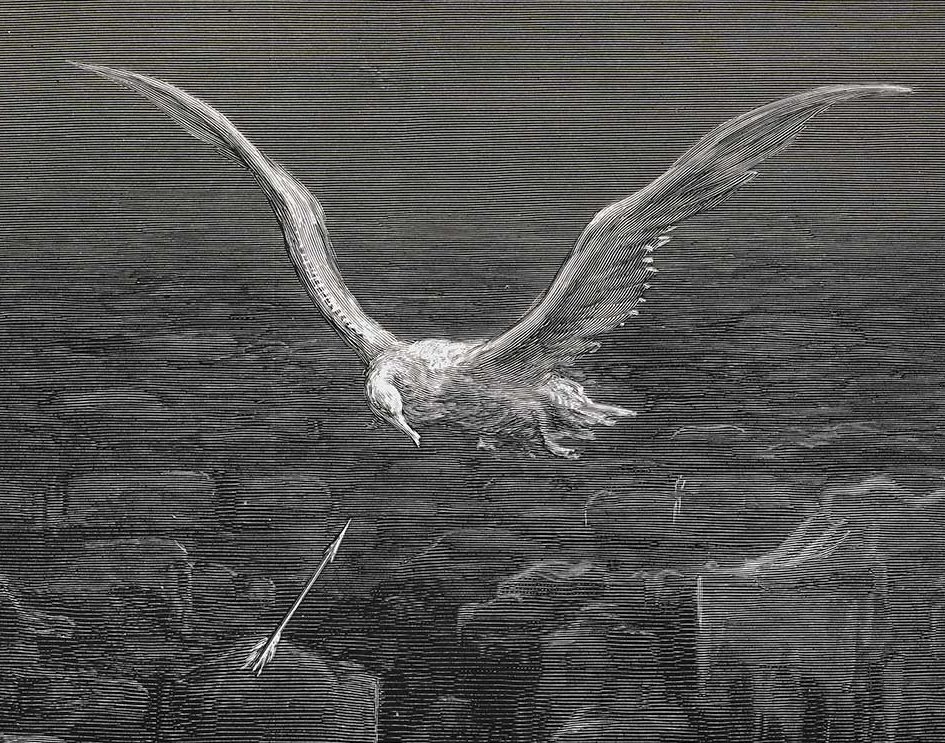Project Introduction
Imagine yourself outside a library, in a far-off city, with a collection you are not readily familiar with. You enter the building to find a small, drab lobby with a single attendant at the information desk. The attendant asks you to provide a query on a small slip of paper. Not completely aware of the libraries holdings, and not sure of what query would yield a specific research result, you write something arbitrary and pass it over. The attendant disappears for a time, before returning with trolleys loaded with books which are paraded into the lobby for your viewing. You are able to submit another query at any time, calling forth more trolleys, but there seems to be no way to explore the gallery beyond this small lobby.
As absurd as this analogy may be, it is played out daily on the websites of libraries, archives, galleries, and museums around the world. Keyword searches are central to access the collection – oftentimes the only way to access a collection. This is the dichotomy, framed by the concept of generosity where decades of digitization have made a wealth of digital cultural material available online. Yet, in response to this abundance, many of the collections are made up of interfaces which only provide lists viewed one page at a time. Generosity entails more than scale, it implies the sense of giving or sharing freely – as long as you know the keywords to access the information. The aims of many collecting institutions – especially public institutions, are mandated to provide broad and open access. But even here, search is ingenuous. It fails to be liberal in sharing: instead of throwing open the doors, its greeting is, “Yes, what?” (Whitelaw, 1).
The Rimes of the Ancient Mariner archive provides a means of understanding what research, specifically as undergraduate students, is available and how that information can be displayed through rudimentary digitization and collection skills. Our aim is to unite online the variations, editions, and manipulations of Coleridge’s poem, The Rime of the Ancient Mariner, from is original 1798 state to the final authorial edit in 1834, including the development of illustrative collaborations. We have recognized that digitization has delivered significant benefits to the users of special collections of literature. It has also challenged the relative value given to manuscript originals. Special collections and research of these collections need to begin justifying their unique value through a deeper understanding of their holdings and the extension of their scope and public reach.
In our research, we used online journal sources and websites, coupled with Western University (and affiliated colleges) libraries, archives, and special collections to gather materials for this online archive project. Without the archivists helping us source out our information and validate our sources, this project would have been troublesome.
In the initial phases of the project, we scoped out the readily apparent literary materials accessible within the library systems at Western University and affiliated colleges. We paid specific attention to the editions of the poem, highlighting their similarities and differences. Moving forward, we turned our attention to UWO Archives and Special Collections, writing to the archivists our search queries after consolidating our integral research. It was important to understand the scope of the variants of Coleridge’s poem to better follow-up with search queries; however, without the information presented to us through our research, with the added benefits of being a UWO student having access to online journals and textual sources, this archive simply would not have been as accessible by the general public.
The immediate goal for the Ancient Mariner archive is to provide access to knowledge, and create a platform that is dedicated to self-exploration of the textual variants present throughout Coleridge’s multiple editions of The Rime of the Ancient Mariner. We believe that the function of a collection should focus more on a means of furthering user accessibility, shared learning, and knowledge. The use of digital archival platforms offers these spaces for collaborative learning, and has the potential to increase the traditional use of the material and development of new avenues of research. We believe that the development of archival websites has the potential to serve the public and the classroom, creating a space for active, knowledgeable, and critical participants in the great cultural migration now underway of our literary inheritance into digital form.
Whitelaw, Mitchell. “Generous Interfaces for Digital Cultural Collections.” In DHQ: Digital Humanities Quarterly, vol. 9, no. 1, 2015, pp. 1-17.
Meet the Team

Disclaimer
The Rime of the Ancient Mariner, An Archive has been developed as a final student project for Dr. Schofield’s seminar, 4871G: Version Control: Process, Variation and Flux in Literary Authorship. Throughout the course versions and variants of poems and prose from authors such as Samuel T. Coleridge, William Blake, and Emily Dickinson are analyzed. Special consideration focused on the authorial, literary process (i.e., note-taking, drafting, visualizing) and textual variation (versions of works, differing editions, and the influence of media).
